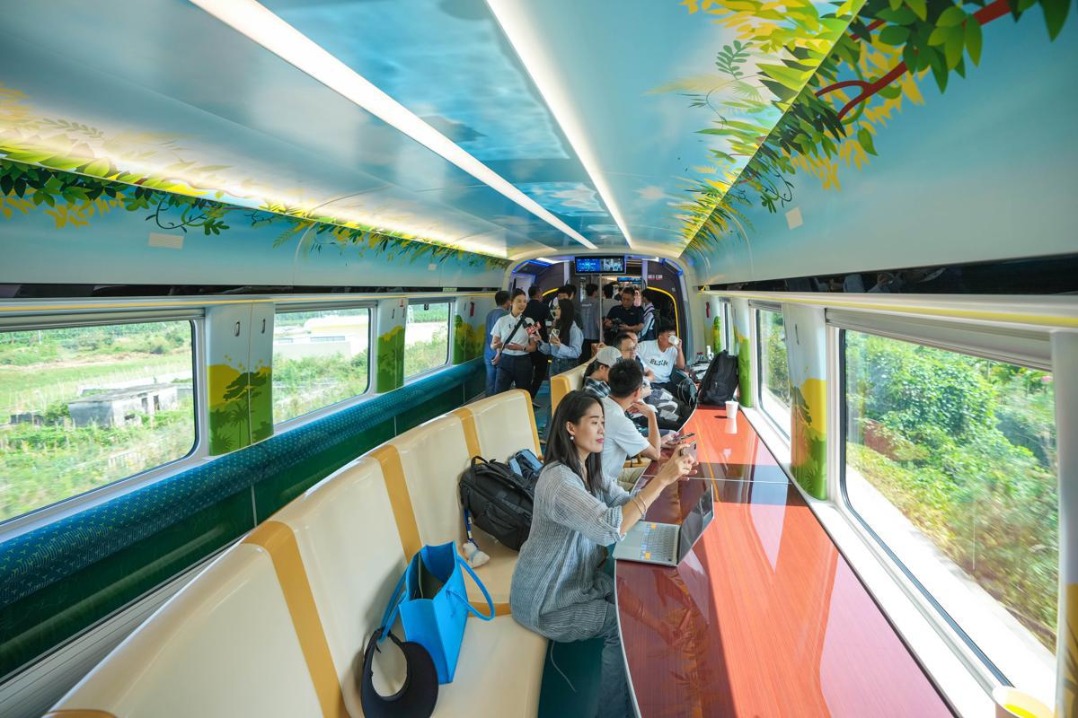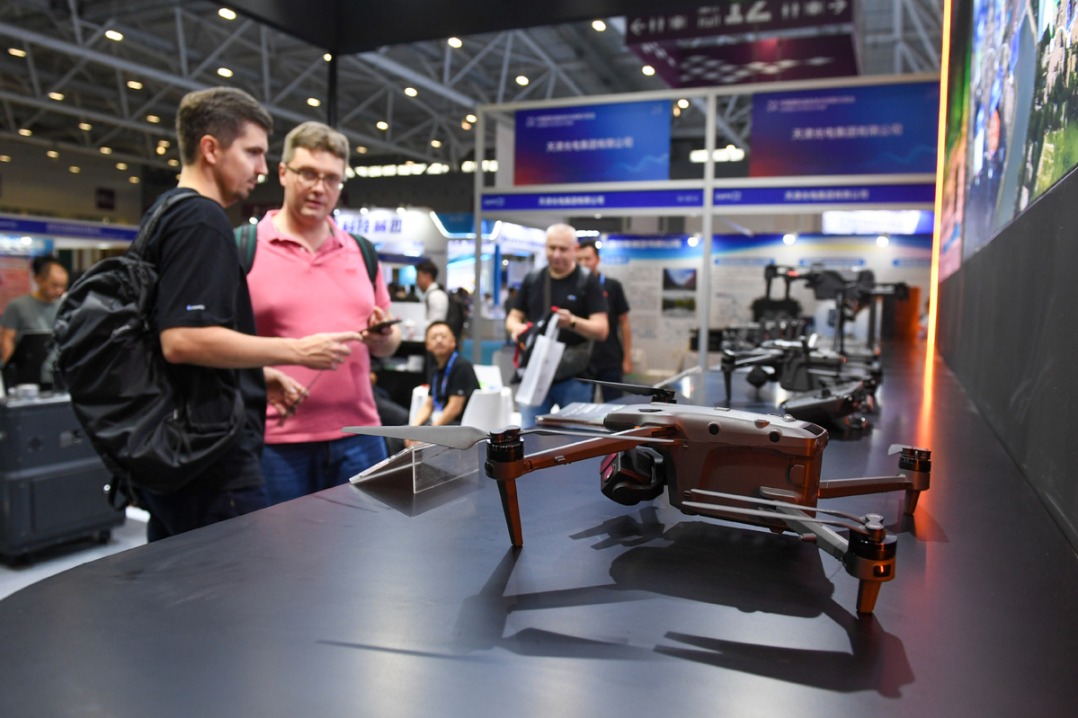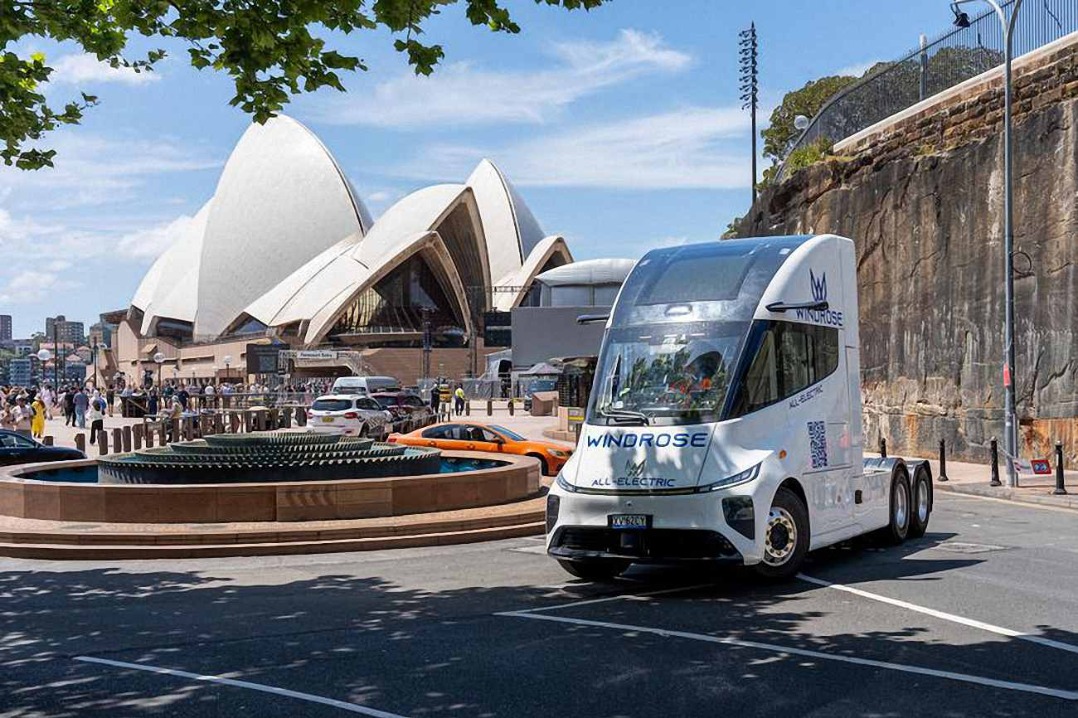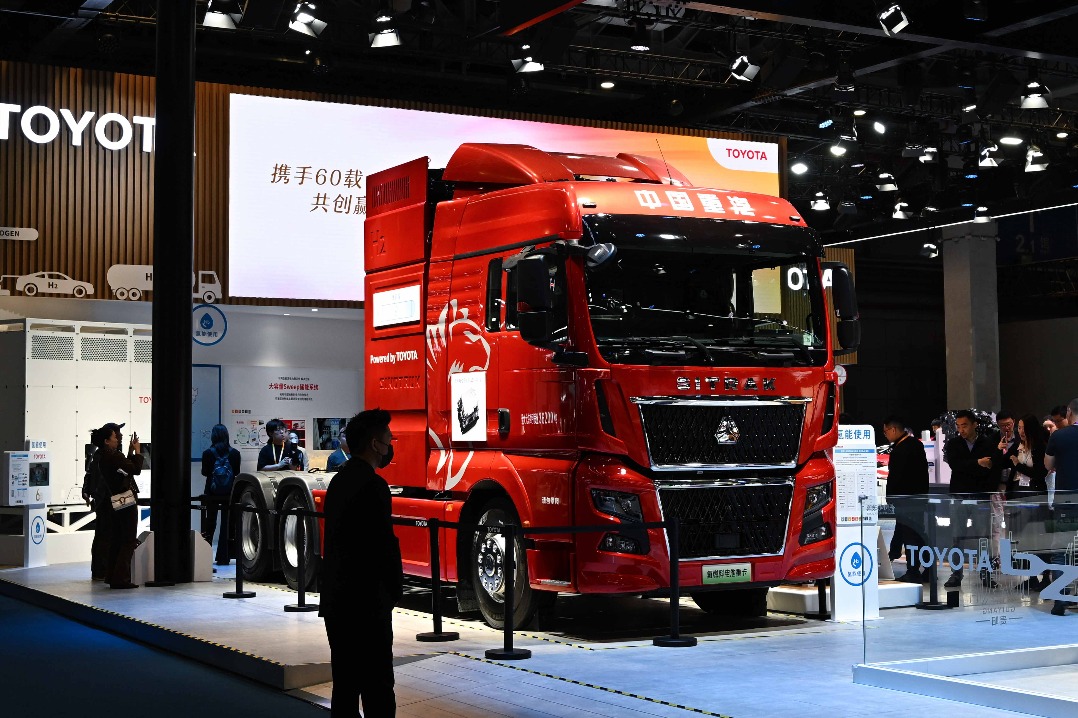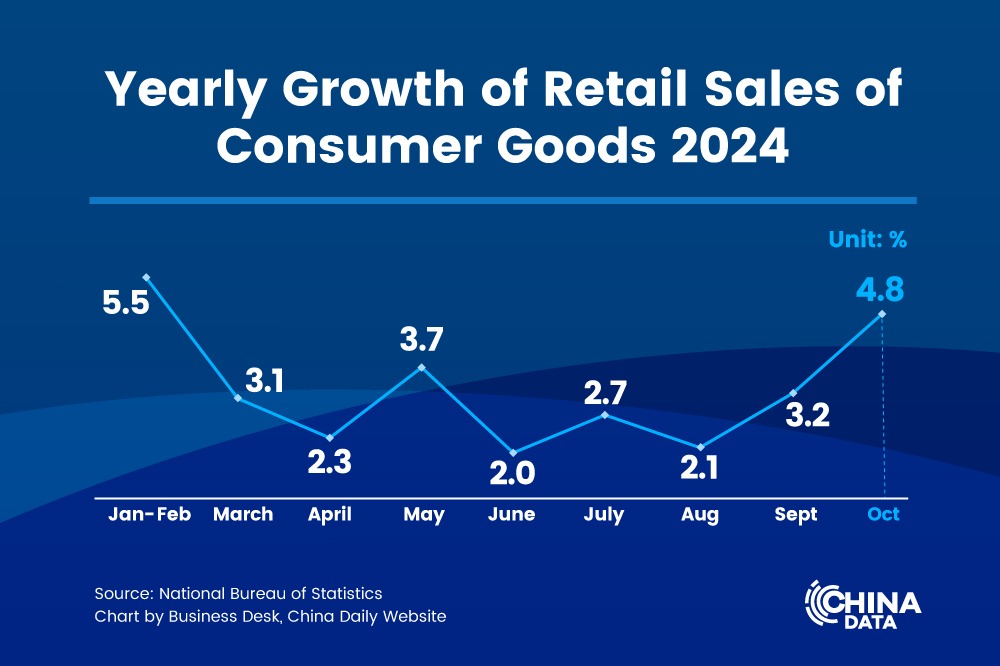Chinese electric heavy trucks expand overseas presence and cooperation

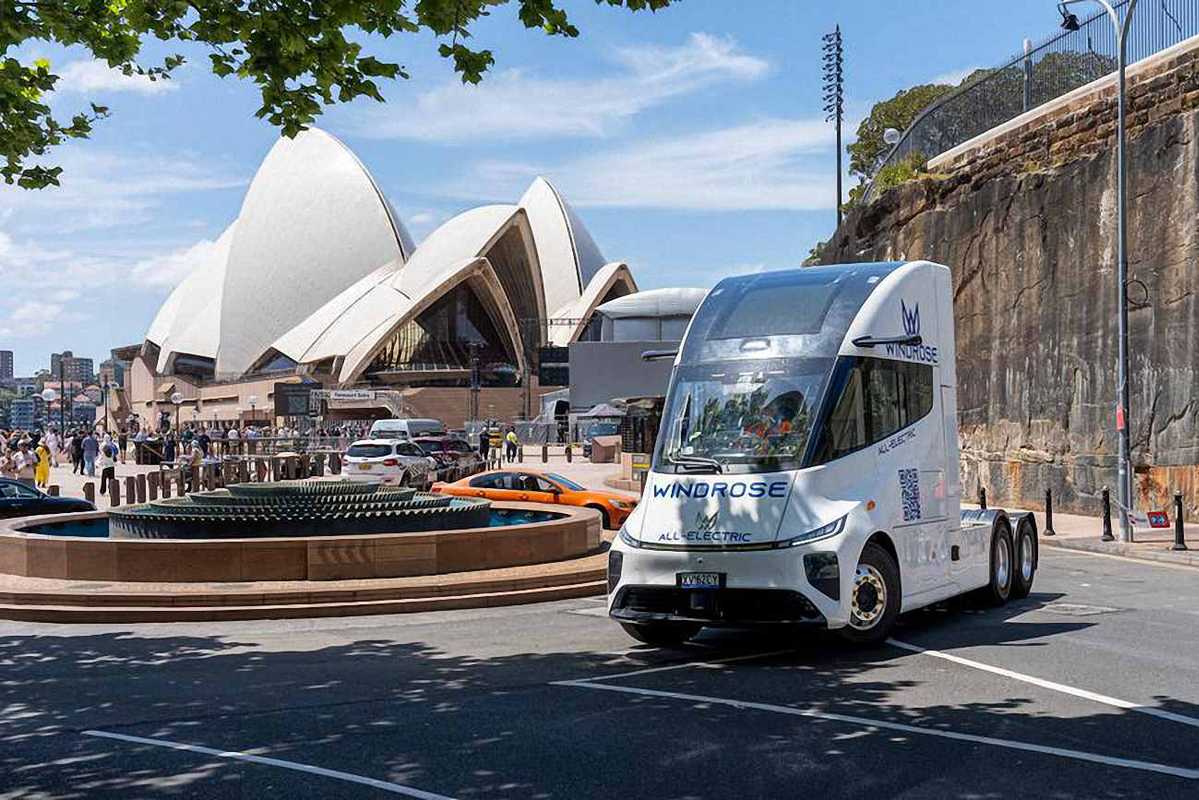
HEFEI — With the advent of electric trucks, the global landscape of heavy-duty trucks has changed and China has emerged as a competitive player, said Han Wen, founder and CEO of Windrose Technology, a Chinese electric long-haul truck start-up.
In the past, the core technology of traditional heavy-duty trucks — internal combustion engines — was predominantly controlled by Europe and the United States. As a result, European and US markets were less inclined to choose heavy-duty trucks made in China, said Han.
However, the landscape has changed with the advent of electric trucks. The essential components such as batteries, electric motors and electric drive systems — as well as intelligent driving — are areas where China excels, the CEO said, identifying his start-up as "the first Chinese truck company to have received orders from developed economies like Europe and the US, as well as the first Chinese truck company to test on four continents".
China has boasted a burgeoning new energy vehicle industry. According to official data, the NEV market share in China was just above 1 percent in 2015, but has since surged thanks to an expedited green transition of the economy.
The change of landscape in the global heavy-duty truck sector is illustrated by recent inroads made by Chinese heavy truck manufacturers in expanding their global presence and cooperation.
Han said Windrose Tech has established production facilities in the US and Belgium, and it has obtained world manufacturer identifier status in both locations. Deliveries in the US will begin in the first half of 2025, while deliveries in Europe will start in the second half.
Windrose Tech has so far received orders from European countries such as Denmark, Belgium and France, as well as the US and New Zealand. It is also planning to expand into the German market soon and set up a factory in France producing truck parts.
So far, Windrose trucks have completed cross-regional and multiroute road tests in 14 countries and regions, including China, Europe, the US and Australia.
In another development, Garrett Motion Inc and China National Heavy Duty Truck Group Co Ltd (Sinotruk) signed a letter of intent to enhance cooperation on advanced technologies for electric commercial vehicles, aiming to jointly develop a leading next-generation electric powertrain for application in Sinotruk's product portfolio. They also aim to join forces and start mass production of trucks equipped with this e-powertrain by 2027.
Sinotruk's heavy-duty trucks enjoy an extensive global market presence, particularly in Belt and Road partner economies. In 2023, it exported 130,100 heavy trucks, a 47 percent year-on-year surge. The company has made strides in the new-energy sector in recent years, developing pure electric, fuel-cell and hybrid heavy trucks.
Speaking of the reasons for choosing Chinese electric heavy-duty trucks, Han said that when people purchase electric passenger vehicles, their personal preferences of brands, aesthetics and interior design weigh in their decision-making. However, when it comes to electric heavy-duty trucks, it is the sheer performance and functionality of the vehicles that matter more.
For that reason, Chinese electric heavy trucks and electric buses, targeted at the business-to-business market, boast rosier export prospects, he said.
Windrose's electric heavy trucks surpass their European and US competitors with a range of up to 670 kilometers and lower energy consumption. Furthermore, its vehicles offer approximately 50 percent more interior space than traditional fuel-power trucks.
"Not only are we providing a cleaner truck, we are also providing a really cheaper truck," Han said in a previous interview.
Promoting a green shift in the auto sector is the trend going forward. The quest for emission reductions in large global businesses has created market demand for electric heavy-duty trucks, which is a boon for Chinese electric truck front-runners.
"Our clients are large global enterprises, such as Nike and Decathlon, who require the use of electric trucks for their global transportation operations. This provides us with the opportunity to deliver goods for them globally," Han told Xinhua News Agency.
Xinhua




















